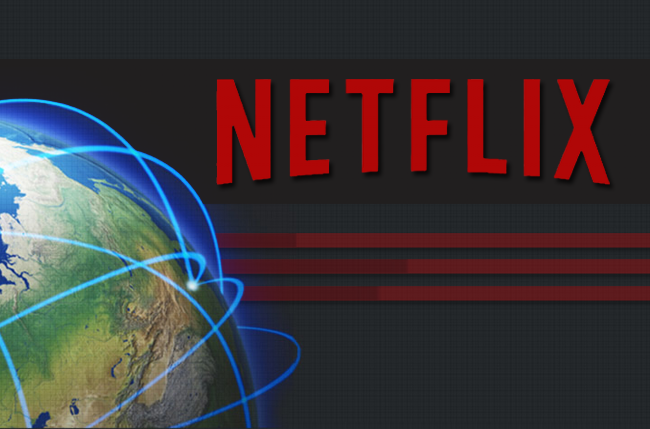
Related: Netflix stretches its reach, nearly doubles Dutch subscribers
It’s not necessarily going to be a walk in the park for Big Red as the service works its way across the Atlantic. Services such as Germany’s Sky Deutschland and France’s Canal+ have dug in their heels to prepare for the streaming powerhouse’s arrival on the scene, bolstering libraries and nabbing rights to important content (Canal+, for example, has already secured the rights to the popular Netflix original series House of Cards).
The subscription video-on-demand (SVOD) business is a lucrative one these days, and Netflix has good reason to cross the pond with its incredibly popular service. Analysis from research firm IHS indicates that overseas video-bingers will comprise as much as 20 percent of the streaming service’s subscriber base by 2015, and that figure is only expected to accelerate over the next four years. Indeed, it wouldn’t make much sense for the service to pass on such a significant proportion of potential customers.
In specifically preparing for its entrance into France, Netflix managed to secure the eight-episode French series Marseille late last month. The series, a “tale of power, corruption, and redemption set against the rich backdrop of the French port city,” is undoubtedly one of the first moves in the service’s ongoing mission to supply its new territory with locally sourced material.
There have also been a few waves from the locals along the way. According to CNET, the French film producers’ association has claimed that Netflix has set up its base of operations in Amsterdam to evade local taxes and, perhaps more importantly, the requirement that 40 percent of content must be of French origin, Netflix is, of course, doing everything in its power to land smoothly and hit the ground running ahead of competition. It’s unclear whether the move will garner the service any ill-will from the European viewing public, however.
Related: Netflix deepens its debt for new original shows, expansion in Europe
The company has seen backlash in other countries, as well, as it continues to gain a wider global audience. In fact, Netflix has drawn critics in Australia even before landing down under — namely from its chief competition. While Netflix won’t anchor its service in Australia until sometime next year, Australians can, of course, access the service’s catalog by using a VPN (Virtual Private Network) to mask their local IP addresses. As a result, Netflix is already the second-most popular streaming service in Australia without even setting foot on the continent, drawing the ire of Netflix copycat Quickflix, Australia’s leading streaming service.
According to a report from Mashable, Quickflix CEO Stephen Langsford wrote a scathing leader to Netflix CEO Reed Hastings this week.
“Netflix not only knowingly collects revenues from subscribers with unauthorized access to your US service, investing nothing in the Australian market nor paying for Australian rights to the content you make available, but also tacitly encourages Australian consumers to inadvertently breach the copyright of the content owner,” Langsford writes. “We challenge Netflix to play by the rules. It’s how we do it here in Australia…Stop turning a blind eye to the VPN services acting as a gateway to your service.”
Langsford concludes the angry letter with what might be considered a challenge to Hastings’ honor, asking the service to “have the courage” to limit its services by stopping VPN access to its site. How exactly Netflix could stop VPN access was not made clear.
Whether through VPN, or direct licensed content, Netflix is moving into a vast amount of global markets, and has obviously made some enemies along the way. Langsford’s message is bold and direct, but will it actually compel Netflix to act? We’ll be monitoring this story as Netflix attempts to juggle multiple sticky PR situations and roll out its international expansion this month, and beyond.


